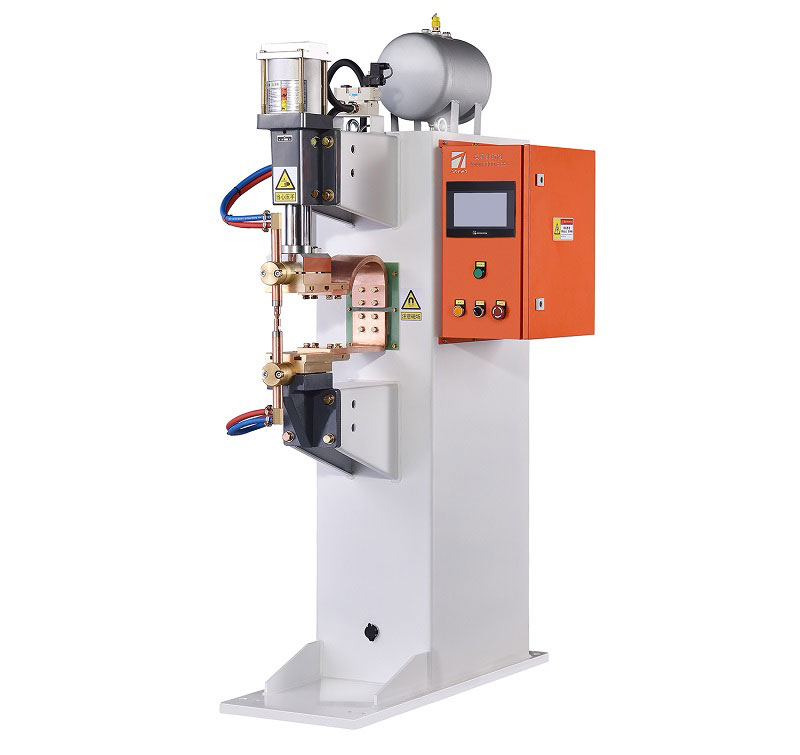Resistance welding is a widely used method for joining metal components in various industries. One critical factor that significantly influences the quality and efficiency of resistance welding is electrode pressure. In this article, we will explore the various effects that electrode pressure can have on the resistance welding process.
- Heat Generation: Electrode pressure plays a crucial role in generating heat during resistance welding. When two metal pieces are clamped together with sufficient pressure, electrical current passes through the contact area, creating resistance. This resistance leads to the generation of heat, which is essential for melting and fusing the metal components.
- Weld Quality: Proper electrode pressure is essential for achieving high-quality welds. Inadequate pressure can result in poor fusion, leading to weak welds that may fail under stress. Conversely, excessive pressure can cause deformation and expulsion of molten metal, affecting the weld’s integrity.
- Electrical Resistance: The amount of electrode pressure applied affects the electrical resistance at the welding interface. Higher pressure reduces the contact resistance, allowing for better current flow. This, in turn, produces more heat and improves the weld’s quality.
- Electrode Wear: The pressure applied to the electrodes can impact their longevity. Excessive pressure can accelerate electrode wear and necessitate more frequent replacement. On the other hand, insufficient pressure may lead to uneven wear or improper contact, affecting welding consistency.
- Material Thickness: Different material thicknesses require varying levels of electrode pressure. Thicker materials often require higher pressure to ensure proper heat generation and penetration, while thinner materials may need less pressure to prevent excessive deformation.
- Surface Condition: The condition of the material surfaces also influences the required electrode pressure. Clean and well-prepared surfaces typically require less pressure for effective welding, as they offer better electrical contact.
- Energy Consumption: Electrode pressure directly affects the energy consumption of the resistance welding process. Balancing pressure to the specific requirements of the application can help optimize energy use and reduce operating costs.
- Process Control: Precise control of electrode pressure is essential for consistent and repeatable welding results. Modern resistance welding machines often feature advanced control systems that monitor and adjust pressure during the welding process.
In conclusion, electrode pressure is a critical parameter in resistance welding, affecting heat generation, weld quality, electrode wear, material thickness, surface condition, energy consumption, and process control. Achieving the right balance of pressure is crucial for producing high-quality welds efficiently. Manufacturers must consider these factors and employ proper control measures to ensure the success of their resistance welding operations.
Post time: Sep-27-2023



